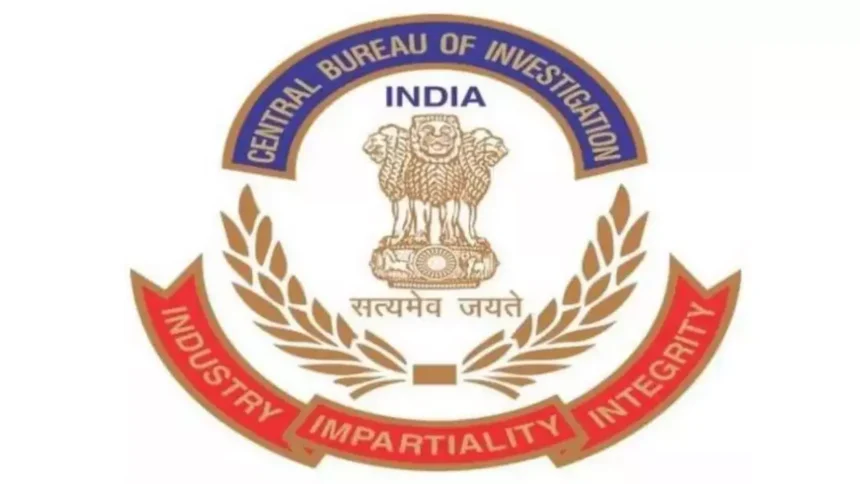In a recent development, the Central Bureau of Investigation (CBI) has apprehended a resident of Delhi on charges of posing as a Canadian government official to execute a fraudulent cryptocurrency scheme. According to officials, the suspect, identified as Sahil Pal, allegedly coerced a Canadian citizen into transferring assets to a cryptocurrency wallet and subsequently siphoned off the funds. The incident came to light on Tuesday when the CBI conducted searches at Pal’s premises and seized Rs 1 crore.
The intricate web of deceit spun by Pal involved masquerading as a representative of the Canadian government, exploiting the victim’s trust in an attempt to swindle substantial sums of money. The victim, a Canadian national, fell prey to Pal’s manipulative tactics, leading to the illegal transfer of assets to a cryptocurrency wallet under false pretenses.
The CBI, upon discovering the fraudulent activities, swiftly acted and arrested Sahil Pal. Following his arrest, a special court remanded him to CBI custody until July 29, enabling investigators to further delve into the complexities of the case and gather evidence against the accused.
Cryptocurrency scams have become increasingly prevalent in recent times, as the rise in the popularity of digital currencies has attracted both legitimate investors and malicious fraudsters. The decentralized and often anonymous nature of cryptocurrencies creates fertile ground for criminals to carry out their nefarious schemes, making it challenging for law enforcement agencies to trace and recover stolen funds.
The case of Sahil Pal highlights the importance of vigilance and caution while dealing with cryptocurrency transactions and any communication from purported government officials. Investors and citizens must exercise due diligence and verify the authenticity of individuals claiming to represent government entities or financial institutions, particularly when asked to share sensitive information or make monetary transfers.
Authorities around the world are continuously working to combat cryptocurrency-related crimes, but it remains a daunting task due to the ever-evolving tactics used by scammers. As the cryptocurrency landscape continues to evolve, it is crucial for users to stay informed about potential risks and adopt best practices to safeguard their assets.
Additionally, governments and regulatory bodies must continue to enhance their efforts to educate the public about the risks associated with cryptocurrencies and implement measures to detect and prevent fraudulent activities. Building awareness about common scam tactics and the importance of verifying the identity of individuals claiming to represent official organizations is essential to protect individuals from falling victim to such schemes.
As the investigation into Sahil Pal’s alleged cryptocurrency scam unfolds, it serves as a stark reminder for individuals to remain cautious and alert in their online interactions, particularly when dealing with financial matters. Moreover, this incident underscores the significance of collaborative efforts between law enforcement agencies and international cooperation in tackling transnational cybercrimes.
The arrest of the Delhi resident for posing as a Canadian government official and orchestrating a cryptocurrency fraud serves as a wake-up call for both potential investors and authorities. While cryptocurrencies offer numerous opportunities, they also present significant risks, making it imperative for everyone to exercise prudence and ensure they are dealing with legitimate entities. As the legal proceedings progress, the hope is that justice will be served, and such cases will deter potential scammers from engaging in similar illicit activities in the future.




